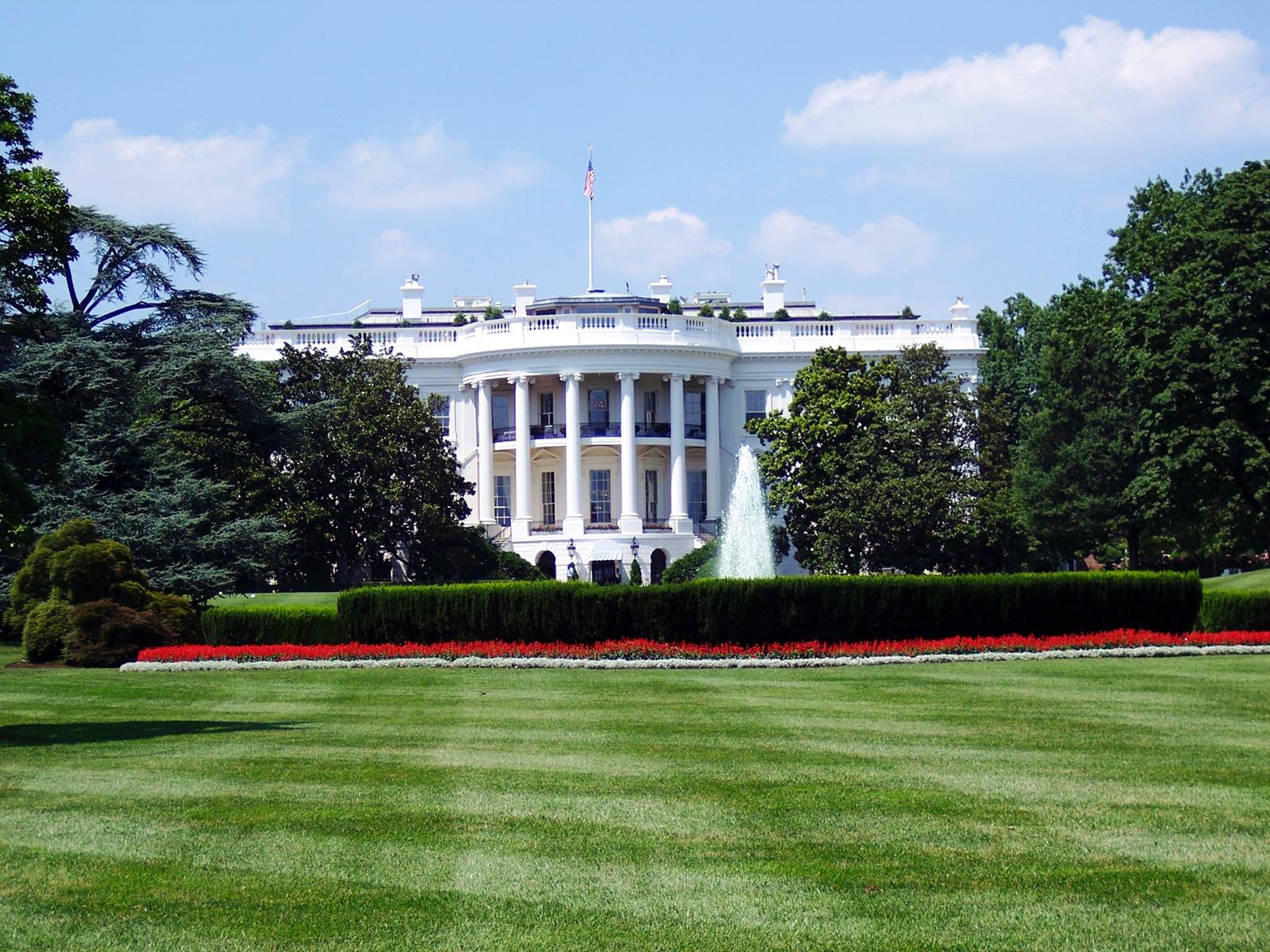No matter how large or little company is, politics will always be a factor. It is not just the guidelines and legislation produced by the government. It also covers the power conflicts and group social signals. Politics at work can affect how decisions are made, new ideas come up, and the overall culture of the company. It can happen in the office or between teams without anyone knowing. The word “politics” may have a bad meaning, but politics itself is not bad; it depends on how it is handled and understood. In fact, an employee or boss who knows about politics can often handle problems better, make smart partnerships, and successfully push projects. Understanding corporate politics is not enough to survive; you also have to learn how to operate faster, more sensibly, and correctly within the unwritten guidelines of work life.
Defining Business Politics and Its Scope
Business politics is the use of clever connections, power, and influence by employees of an organization to accomplish tasks. Unlike government politics, which involve public policy, laws, and governance, business politics occur in organizational settings and often determine who gets access to resources, promotions, or authority. It includes both formal processes—like leadership appointments—and informal ones—such as office alliances, favoritism, or strategic socializing.
At its core, business politics is about competing for limited resources and having different goals. Political methods could be used by employees to get money for their projects, sway decision-makers, or move up in the company. It’s easy to see these changes in structured groups where success isn’t the only thing that determines promotion, praise, or internal power. When workers know the big picture of business politics, they can act with knowledge and purpose.
The Positive and Negative Sides of Business Politics
The phrase “office politics” usually makes people think of bad things, but it can also have good results. On the plus side, people who know how to handle workplace politics in an honest way can push for change, positively affect society, and encourage teamwork. Being politically smart, like knowing when to speak up, who to side with, and how to present an idea in a way that persuades others, can help you and your group succeed. Politicians who are good at their jobs can handle the demands of different groups, solve problems, and lead by influence instead of force alone.
The bad side of business politics, on the other hand, includes things like backstabbing, gossip, and making exclusive groups that leave others out. These actions make workplaces unsafe, lower confidence, and slow down work. When personal goals or bias take the place of making choices based on ability, it creates doubt and can hurt the image of an organization. The task is not to get rid of politics, but to deal with them in a good way.
Politics and Leadership: Power, Influence, and Ethics
Politics and leadership are naturally linked. A lot of the time, great leaders know how to deal with politics without sacrificing morals. They know that impact is an important part of being a leader, and they use it to motivate, excite, and drive goals. Leaders like this build strong networks, know how teams work, and can “read the room.” They also stay true to the organization’s values and goals.
The moral aspect is very important. Leaders need to find a way to be publicly aware and honest at the same time. When leaders get involved in politics just to get something for themselves, they hurt trust and can lead to the decline of the group. On the other hand, leaders who don’t pay any attention to politics may lose their power or connection with the people they lead. Being an ethical political leader means being honest, being consistent, and being ready to help others get ahead, not just yourself.
Managing Business Politics as an Employee or Manager
To get along in business politics, you need to be emotionally intelligent, aware of your surroundings, and able to change. The first thing workers need to do is figure out the political trends in their workplace, like who has power, how decisions are made, and what informal networks are in place. You can have a strong political influence without doing anything bad if you build strong relationships across departments, practice active listening, and constantly add value.
Managers have a big impact on the culture of politics. Politics doesn’t have to be so bad. Promoting open conversation, fair decision-making, and early resolution of problems can help. Training programs in leadership, diversity, and ethics can also help staff at all levels become more politically savvy and responsible. Whether you’re new to the workforce or in a leadership position, being proactive, authentic, and inclusive in your political approach contributes to a healthier and more effective workplace.
Conclusion
Business politics is not a threat to avoid but a reality to understand and manage. From navigating internal power structures to building influence ethically, being politically aware allows professionals to thrive while maintaining integrity. It plays a crucial role in leadership, decision-making, and workplace culture. When harnessed correctly, politics can drive innovation, align stakeholders, and open new opportunities. However, when left unchecked, it can create division, distrust, and toxicity. The key is balance—being strategic yet ethical, assertive but fair. As organizations evolve, the ability to recognize and manage political dynamics becomes increasingly valuable. Whether you’re an entry-level employee or an executive, understanding politics in business is not only a smart career move—it’s essential for sustaining success in a complex and interconnected professional world.


